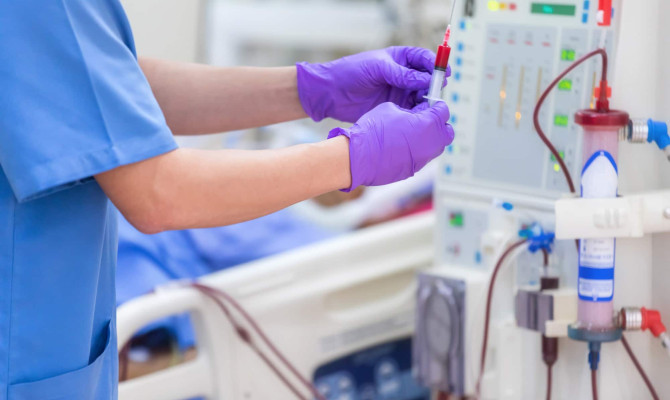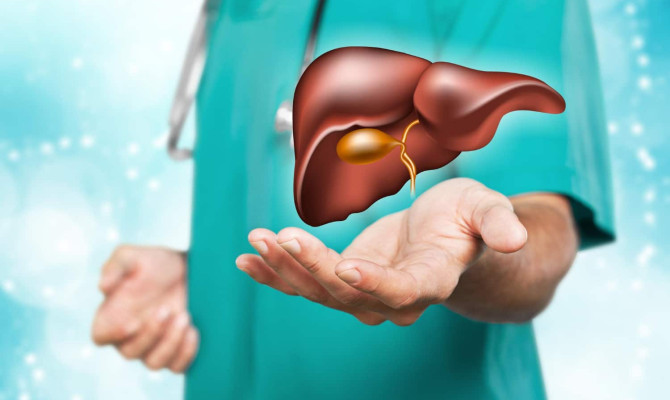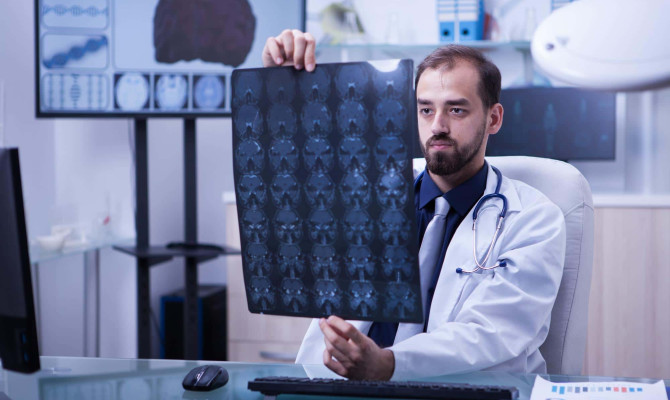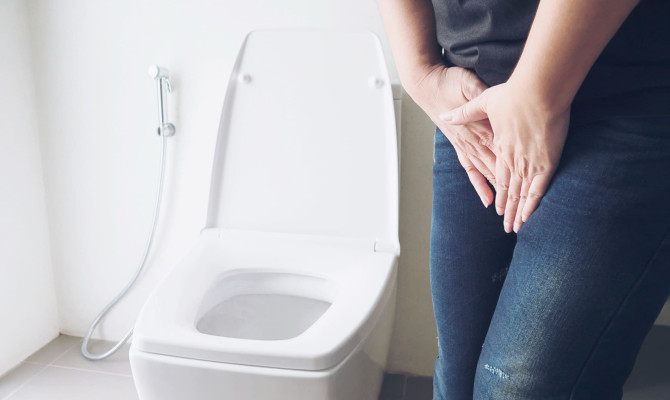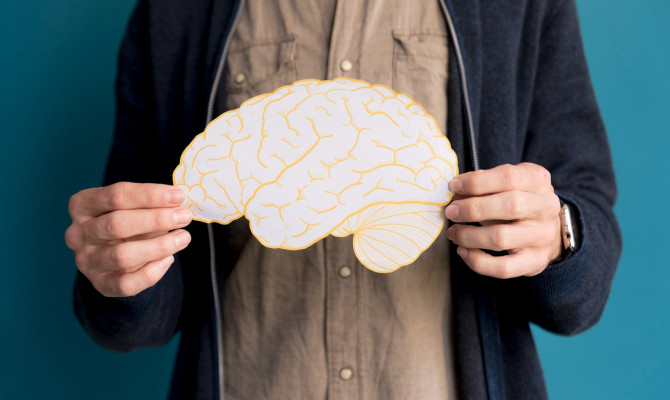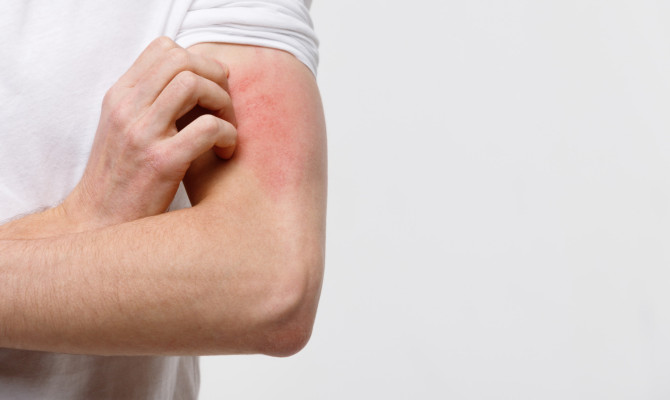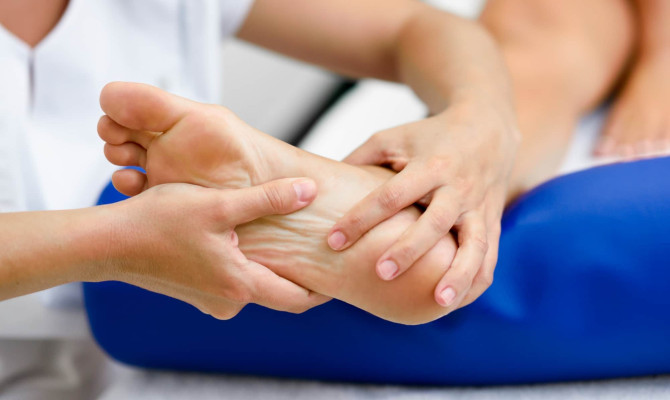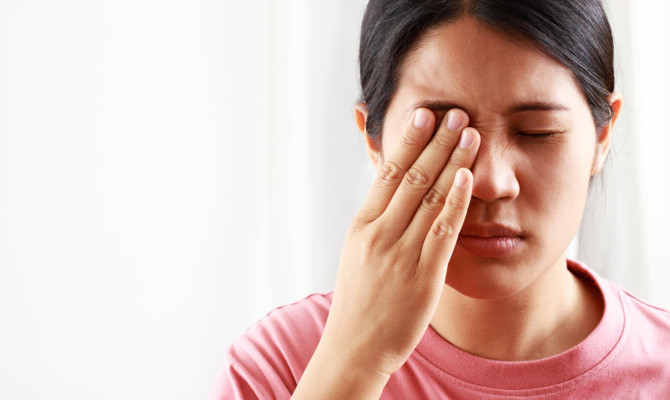Cystitis : Causes, Symptoms, and Prevention

- Cystitis
- 16 Aug 2023
Overview
What is cystitis?
An inflamed bladder, or cystitis, is a consequence of a bacterial infection detected within the urinary tract. It’s not likely to be dangerous, despite how common it is, especially with vaginating individuals and females. But it can come back, and it can hurt very much each time.1Overview | Researched based study from Sh24.org.uk
Antibiotics aren’t usually necessary, as the infection usually clears up on its own.

Types
Types of cystitis
In general terms, we can classify cystitis as uncomplicated and acute cystitis.4Types | Researched based study from Nlm.nih.gov
- A lower urinary tract infection (UTI) is called “uncomplicated cystitis” when it occurs in otherwise healthy men or women who are not pregnant. However, risk factors associated with complicated cystitis increase the severity of the infection or the likelihood that antibiotic therapy will fail.
- Bacterial infection of the urinary bladder is a frequent causal agent of acute cystitis. Bacterial infection of the urinary bladder is a common cause of acute cystitis.
Causes
Causes of cystitis
- In most cases, bacteria are to blame for cystitis. These bacteria can go down the urethra and infect the bladder. The bladder is a common site for the illness to manifest. Its spread to the kidneys is also possible.
- The vast majority of these germs are flushed out of your system in your urination. However, some of the bacteria might grow so quickly that they attach to the urethra or bladder wall and remain there.
The following can also cause cystitis: 5Causes | Researched based study from Medlineplus.gov
- A urinary catheter is a tube-like object that is administered into the bladder to remove urine.
- Urinary tract or bladder obstruction
- Diabetes
- Causes of obstructed urination include a swollen prostate, a constricted urethra, or both.
- The inability to control bowel movements (incontinence)
- Age (especially for those in nursing homes)
- Pregnancy
- Urinary retention occurs when a person has trouble emptying their bladder.
- Surgery on the urinary system
- Long periods of inactivity (as would be required, for instance, by a patient healing from a hip fracture)
- Escherichia coli (E coli) is the most common culprit. These bacteria populate the digestive tract.
- Prostate problems
- Radiation therapy
Symptoms
Symptoms of cystitis
These are the most common signs of cystitis:2Symptoms | Researched based study from Healthdirect.gov.au
- A pressing need to relieve oneself of one’s urine.
- Having a burning sensation or pain when peeing
- Having to urinate frequently
- Passing just a small volume of urine at a time
- Having a dull ache or pain in the lower abdomen (belly)
- Having urine that stinks, looks hazy, or even bloody
- Having a fever
- Having pain above the pubic bone
Possible symptoms of cystitis in your child include:
- Has a high body temperature
- Having a short temper
- Children who had previously been toilet-trained and began wetting the bed2Symptoms | Researched based study from Healthdirect.gov.au
- A decrease in appetite and sickness.
Diagnosis
Diagnosis of cystitis
- Acute cystitis is diagnosed clinically when a patient exhibits symptoms of a lower urinary tract infection and also has pyuria and/or nitrites in their urine.4Diagnosis| Researched based study from Nlm.nih.gov
- Patients with pyelonephritis or vaginitis may benefit more from a thorough physical examination than those with cystitis, but this is not always the case.
- When a UTI is suspected, the most crucial laboratory test is a urinalysis.
- Diagnosing a UTI can also be done with a urinary dipstick. Nitrites are detected, which are produced by Enterobacteriaceae, and leukocyte esterase, an enzyme produced by leukocytes.
- If a patient with complex cystitis does not improve after 48 to 72 hours of proper antibiotic treatment, they should have upper urinary tract radiographic imaging for additional examination. This could involve the use of CT scans or ultrasound technology.4Diagnosis| Researched based study from Nlm.nih.gov
- Urinary blockage, stones, diverticula, and abscess formation are just some of the aberrant processes that can be detected using CT imaging, making it the test of choice.
Risk factors
Risk factors of cystitis
- A nonsecretor blood type, a history of UTIs in premenopause or infancy, a family history of UTIs, and frequent sexual activity are all proven risk factors for recurrent UTIs.6Risk factors| Researched based study from Nlm.nih.gov
- Recurrent UTIs in cases of urine incontinence and prolapse are most commonly associated to voiding disruptions, which may be induced by the underlying ailment or by the treatment itself.
- In general, infections are more common in women as compared to men. This is because of the reduced length of their urethra and its proximity to their anus. 6Risk factors| Researched based study from Nlm.nih.gov
- After sexual contact, a woman has a greater risk of contracting an infection than a man does. The use of a diaphragm as a technique of birth control is another potential trigger.
- The chance of progressing into a urinary tract infection is significantly increased during menopause.
Emergency
When should you consult your physician for cystitis?
If you have any of the following symptoms, it’s time to visit your doctor or a sexual health clinic:1Emergency| Researched based study from Sh24.org.uk
- You have a penis and have cystitis symptoms, which could be a sign of anything more serious, so see a doctor.
- After three days, your symptoms still haven’t subsided.
- You’re in a lot of discomfort
- You suffer from recurrent bouts of cystitis.
If you have any of the following symptoms, you should contact your doctor immediately:1Emergency| Researched based study from Sh24.org.uk
- Your urine has blood in it.
- You have a temperature of 38 degrees Celsius or higher, or you are feeling hot and shaky
- You’re quite cold and have a very low body temperature
- You start experiencing pain in your lower back or stomach.
- You haven’t been able to urinate all-day
- You’re sleepy or muddled up
- When you or you start to feel sick
These symptoms may indicate a more serious infection in the kidneys, rather than simply cystitis.
Treatment
Treatment of cystitis
- Antibiotic treatment for a mild bladder infection typically lasts for 7-14 days in males and 3 days in women. Antibiotic treatment for a urinary tract infection is typically prescribed for 7-14 days if there are complicating factors, such as pregnancy, diabetes, or a mild kidney infection.3Treatment| Researched based study from Nhsinform.scot ,5Treatment| Researched based study from Medlineplus.gov
- Take all of your antibiotics as directed. Complete them even if your symptoms improve before your treatment is complete. Incomplete antibiotic treatment can lead to a more challenging infection.
- Your doctor may recommend painkillers to help you feel better. The most widely used medication in this category is phenazopyridine hydrochloride (Pyridium). Antibiotics are still required.
If recurrent cystitis occurs:
Recurrent cystitis is treated with either intermittent or constant antibiotics from your doctor.5Treatment| Researched based study from Medlineplus.gov When you experience cystitis symptoms again, you can contact your local drugstore with your standby antibiotic prescription instead of your doctor.
For several months, antibiotics are used continuously to avoid recurrences of cystitis. Some doctors may recommend these:
- In cases when cystitis follows sexual activity, antibiotics may be prescribed for use within two hours; in others, a low-dose antibiotic may be prescribed for a six-month trial period.
- A vaginal estrogen cream, if you have passed menopause
- It is unclear how beneficial the measures your doctor may suggest are for preventing cystitis, but they may be recommended anyway.
- Even if you experience symptoms of cystitis, there is a chance that medicines will not work for you or that urine testing will not reveal that you have an infection.
- It is possible that you have a bladder infection that has been going on for a long time (chronic) but that is not being detected by your current pee tests. Inquire with your primary care physician about being referred to a specialist who can do additional tests and provide therapy.
- People over the age of 60 who have had an infection for a prolonged period of time have an increased risk of developing bladder cancer.5Treatment| Researched based study from Medlineplus.gov
Remedies
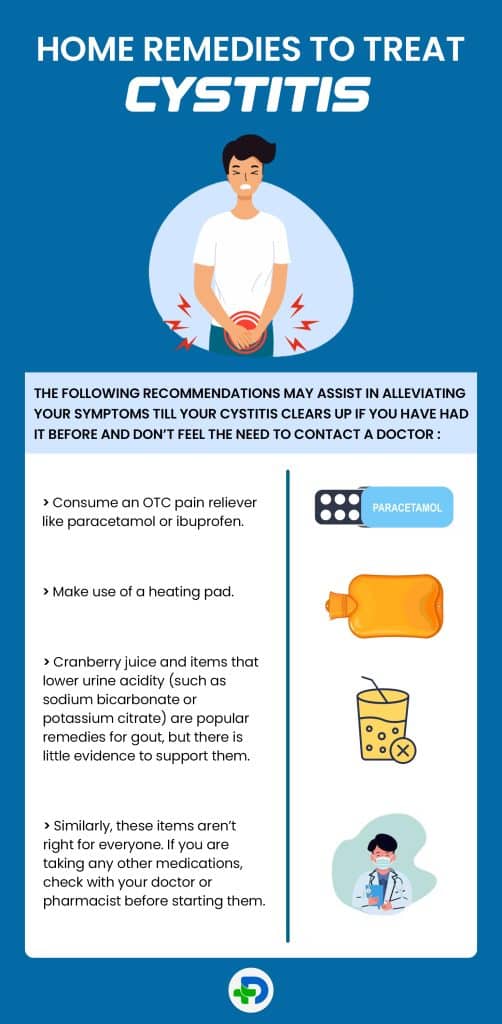
Home remedies to treat cystitis
The following recommendations may assist in alleviating your symptoms till your cystitis clears up if you have had it before and don’t feel the need to contact a doctor:5Treatment| Researched based study from Medlineplus.gov
- Consume an OTC pain reliever like paracetamol or ibuprofen.
- Ensure that you can safely take the medication by reading the medication’s information booklet and with your pharmacist. Some people find this beneficial, and it has been proposed that it may help drain the infection out of your bladder.
- Make use of a heating pad
- While a hot water bottle held against the stomach or between the thighs may help ease pain, it’s best to wait on sexual activity until you’re feeling better.
- Cranberry juice and items that lower urine acidity (such as sodium bicarbonate or potassium citrate) are popular remedies for gout, but there is little evidence to support them.
- Similarly, these items aren’t right for everyone. If you are taking any other medications, check with your doctor or pharmacist before starting them.
Prevention
Prevention of cystitis
There are measures you can take to cut down on the frequency with which you experience cystitis attacks:3Prevention| Researched based study from Nhsinform.scot
- When you flush the toilet, make sure to wipe it from front to back.
- Void your bladder as quickly as possible following sexual activity.
- Make sure you’re getting enough water throughout the day to avoid feeling parched and to maintain a regular urination schedule.
- Avoid prolonged exposure to cleaning agents by taking a shower instead of a bath.
- Vaginal hygiene entails rinsing the skin before and after sexual activity.
- Immediately replace any dirty diapers or incontinence pads.
- Maintain a sanitary and dry genital area.
- Don’t use anything with fragrance, including shampoo, body wash, or powder.
- If you’re going to use a diaphragm or condom, skip the spermicide and go for lubrication that won’t kill sperm instead.
- If you have the urge to urinate, do not suppress it.
- Take your time and attempt to completely empty your bladder.
- Avoid consuming large amounts of alcohol or caffeine, as they may cause bladder irritation.
- Don’t eat or drink a lot of sugary stuff because it can feed bacteria.
Alternatives for avoiding a recurrence of cystitis
Some research suggests that if you suffer from recurrent cystitis, you may benefit from taking:
- D-mannose, a form of sugar that comes in powder or tablet form, can be taken on a daily basis
- Cranberry products, which can be purchased in the form of juice, tablets, or capsules.
Sugar content varies greatly between D-mannose and cranberry products. You shouldn’t consume cranberry items when on warfarin.
Complications
Complications of cystitis
- If you suspect you have cystitis, you should make an appointment with your doctor right away.2Complications| Researched based study from healthdirect.gov.au
- Cystitis can progress to a kidney infection if left untreated. Fevers, back discomfort, nausea, and vomiting are all possible side effects.
- In extremely rare cases, cystitis can progress to sepsis, a potentially fatal infection that requires emergency care.
Takeaway
Key Takeaways
Bladder infections, or cystitis, are forms of UTIs. It’s especially prevalent among females. Antibiotics aren’t usually necessary because it usually clears up on its own.
Cystitis can be a chronic problem for certain people if they suffer it often. Cystitis is an infection of the bladder that needs medical attention if you or your kid develop symptoms. If left untreated, cystitis can cause significant sickness.
Any feedback on this article?
 This Articles content was accurate
This Articles content was accurate Very Informative Article
Very Informative Article I have a question or a comment
I have a question or a comment
 This article contains inaccurate content
This article contains inaccurate content This article was not helpful
This article was not helpful I have a question or a comment
I have a question or a comment
We appreciate your helpful feedback!
Checkout our social pages
References
-
SH-24
Cystitis | Overview | Emergency
-
Healthdirect.gov
Cystitis | Symptoms | Complications
-
NHS Inform
Cystitis | Prevention | Treatment
-
National Library of Medicine
Cystitis | Types | Diagnosis
-
Medline Plus
Cystitis - acute | Causes | Treatment
-
National Library of Medicine
Risk factors and predisposing conditions for urinary tract infection | Risk factors












